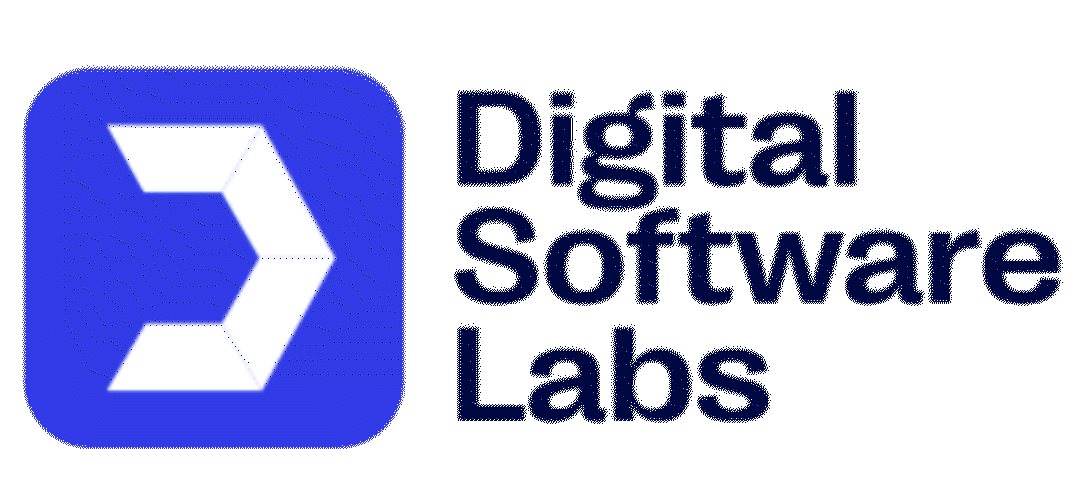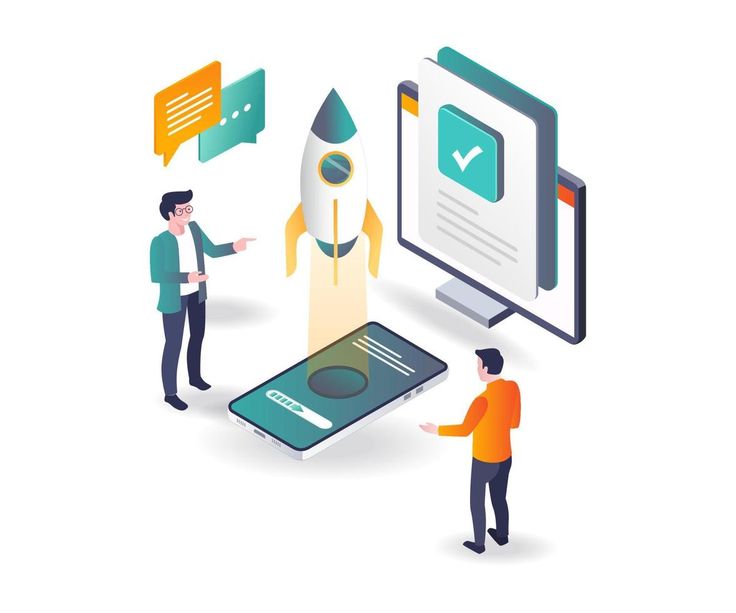Introduction
The power of personalization, people have mobile phones more than the population rate in the world, 71 % of consumers want a personalized experience additionally, Web 3.0 has boosted the rate of decentralization of industries encouraging better business application development, privacy-centric customer experience, creating better engagement, efficiency, and gain deeper insight knowledge, cost reduction better connection, and gain more market share across the world.
More importantly, mobile creation is the mother of application development. The application could run without mobile devices, but mobile devices cannot survive without mobile applications, so it is crucial to make more advanced, speedy, and better-performance mobile applications.
“Have you ever imagined mobile is nothing without application”
Mobile Application Benefits:
- Personal Branding Presence: With the help of your branding application, the business makes a strong branding image in the minds of the consumers.
- Customer loyalty: having a mobile application makes customers more loyal to their application engagement and customers purchase repeatedly from their application.
- Increase accessibility and reach: if consumers/customers have downloaded your application on their mobile there are more chances the user will directly and easily access your product or services and, it is more opportunity for your application to reach a broader audience.
- Finding a new connection: The average time a person spends time on the phone is 4 hours and 37 minutes besides, an average time user spends 90% of time on mobile applications and 10% on mobile websites, and it is an opportunity for businesses to gain new potential customers by gaining mobile application.
Maximizing mobile Application performance
- Relevant mobile-type application: developing a mobile app is not enough if you have not pre-planned action for your application design. Businesses must redefine the target audience and, what kind of mobile mostly their target audience is using.
- Correct code quality: the more accurate and high code quality, the more quality of the application performance in the context of, increased efficiencies, easily readable, improved performance, reduced bugs and errors, and increased customer satisfaction.
- Reducing app size: the downloading app seems directly linked with the size of the app, reduce the size of the app with various techniques that do not impact the quality of the application but lower the quantity of heavy content.
- Application design: mobile application design refers to the process of visual appearance, functionality, user interface (UI) and user experience (UX) of mobile applications it involves designing the layout, features, colors, interface elements, content, product, images, and videos deployment, the overall is how application interface will look like and how it will work.
- effective mobile application API: use of API (Application programming interface), is a kind of software intermediately that allows two applications to talk to each other, for example, data exchange, vehicle location, weather data application, transaction applications, food delivery app, and so on.
- Image optimization: reducing the size of files, images, and image content and choosing the correct formatting for images without losing image quality.
- Online payment method: as the number of mobile users increases the interdependency also increases, one of them is adding multiple online payment options in the mobile application. Add a secure payment method, speed of transaction, convenience, easy-to-use, affordable, and safe method options.
- Tight security measures: Mobile application users always expect tight security measures as they share their, personal information, transaction information, personal preferences, and addresses. Always modify your testing strategy, increase user authentication security, secure coding practices, and API security, suggest different password-creating formats to users, and use various software for better mobile application security.
Kinds of Mobile Applications
- Social media mobile app: A social media mobile app is a digital platform usually used by the public that allows individuals to connect with others and to share activities, videos images, text, and comments to develop skills. Usually, these activities can be informal or formal, depending on the community, group, or page.
- Lifestyle app: Lifestyle application types refer to the individuals who live in the community, culture, group, hope, habits, behavior, attitude, values, or actions in the daily routine. These applications
- aare fitness, health, task management, mental health, wedding planning, and food applications.
- Shopping app: a digital platform that enables users to sell and buy products or services directly from the seller over the internet.
- Gaming app: the gaming app is a software program that enables users to play games with each other or across the country.
- Academic app: An academic app is a platform or software program made, for education to facilitate the learner, students, and teachers. The virtual teachers and self-learning and cost-effective platforms.
Conclusion
As mobile users are growing simultaneously mobile applications and interdependency is also increasing. Today businesses could not survive without having mobile applications even large businesses and small must-have applications for brand awareness, customer engagement, direct communication, useful marketing channels, creating an effective loyalty program, offering a competitive edge, increasing sales, and giving a source to gathering more customer valuable data and customer feedback for future improvement areas.in today fast moving era customers demand more flexible easy-to-use, friendly, strong data protection, fast loading time, excellent user support, and service and product integration itself.

